 |
 |
 |
 |
 |
 |
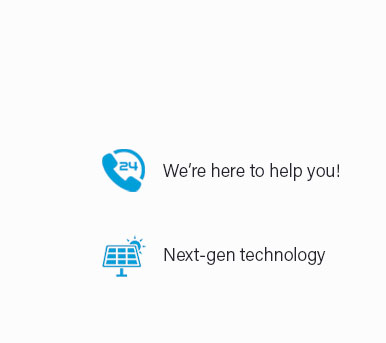 |
 |
 |
 |
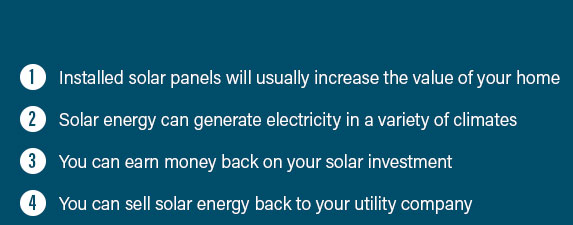 |
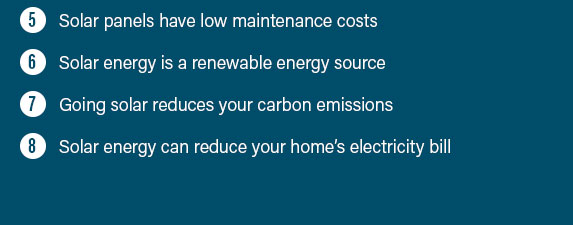 |
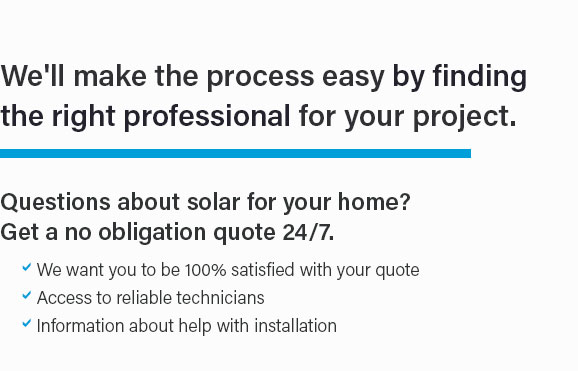 |
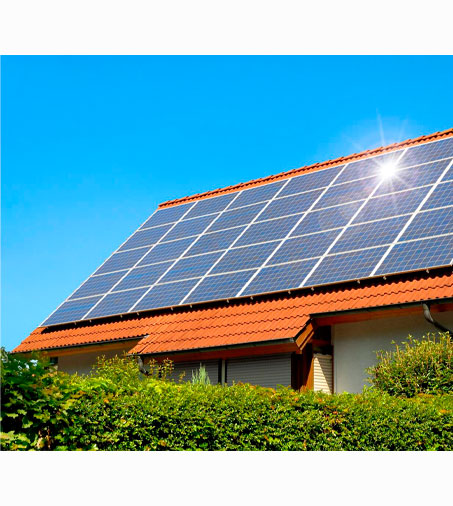 |
|
 |
 |
 |
|
Unlock the future of energy savings with our unrivaled commercial solar panel installation services in Indiana-your business's gateway to sustainability and efficiency starts here, with an instant, no-obligation solar panels installation quote that promises transparency and precision; our expert team transforms sunlight into significant cost savings, powering your operations with clean energy while you focus on growth, innovation, and making an impactful statement about your commitment to a greener tomorrow.
https://hustonsolar.com/commercial-and-industrial/
Looking for reliable commercial solar installation services in Indiana? Huston Solar has you covered with best in class commercial solar solutions. https://www.sesre.com/city/solar-installations-in-indiana/
Get a free quote for residential or commercial solar panel installation in Indiana. Solar Energy Solutions is the leading solar company near you.
|